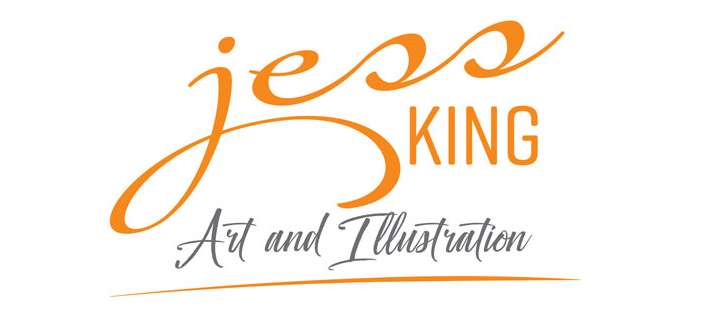What exactly, is a brand and why is it so important? How can you define, build, and market your brand to build real relationships with your ideal customers in the process?
What is a brand?
A brand is typically comprised of a name, logo or symbol, byline or tagline, fonts, colour palette and more. It’s the experience a customer has when interacting with a business. A strong brand can help businesses stand out from the crowd especially with competition at an all-time high. Your brand purpose can have a major impact on how your brand is viewed in the market—and, ultimately, can be the driving force behind your success. Building a brand revolves having an unique point of difference from everyone else and leaning into these differences.
What is branding?
Branding should remain consistent and recognisable with a distinctive feature or set of features so that consumers can easily associate your brand with your products or services.
Your brand is one of your most important assets, it makes your business unique and memorable, supports your marketing and advertising, and encourages consumers to buy from you.
How to Create a Brand
- Determine your target audience (Who does your product serve? Who is your ideal customer? Why did you create your business in the first place?)
- Define your values, features and benefits (the values, benefits, and qualities that make your company unique)
- Create your visual assets (Your logo, colour palette, typography (fonts), iconography, and other visual components)
- Find your brand essence (What would your brand sound like if you had a conversation with it, or if it texted you?)
- Put your brand to work (Website, Social media, Advertising, Blogs)
Branding Tips
- Treat your brand as a person. Think of your brand as a person, you can even give your ideal customer a name. Your brand should have an identity and personality
- Be consistent. When your brand is consistent customers can easily get familiar with, recognise, and come to love your brand
- Develop and follow a brand strategy. Your brand strategy should have specific, long-term goals which revolve around your brand’s purpose, emotion and competitive awareness
- Set your brand apart. Keep ideas fresh and brainstorm how you can improve or further set apart from the competition.
Conclusion
There are various perks to building your brand, including how it helps you stand out in a crowd. It’s important to remember to build a brand that is consistent with your principles and career goals. When you consistently apply solid marketing tools, you will raise awareness of your business and solidify your reputation. Don’t make the mistake of thinking that branding is a purely for businesses. The power of personal branding has never been more important and valuable to build costumer trust.

